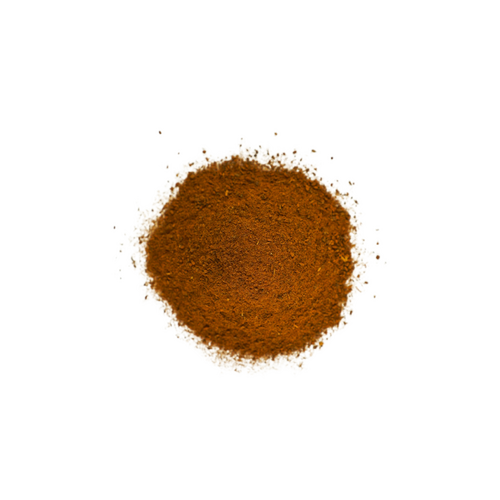Only Bitters Cinchona Succirubra Milled Powder 10kg
At Only Bitters we scoured the globe to find the best cinchona bark for making tonic syrup, providing flavour and a pleasant bitterness without the piercing intensity of the synthetic quinine used in commercial tonic water.
We settled on C. succirubra, also known as red cinchona, from a high altitude farm in Guatemala. They grow, harvest, dry, mill, and vacuum seal their own cinchona, ensuring the quality of their produce is maintained at each stage. The trees are 20m high and 30–40 years old on average, meaning that the bark can be sustainably harvested every three years without the need to be pushed for growth like younger trees.
This bark has been milled into a fine powder for efficient and consistent extraction. Due to the small particle size, the infusion will require more filtering than one made with whole bark and will take more time.
About Cinchona Bark & Tonic Water:
Cinchona is a genus containing species of trees and shrubs native to the tropical Andean forests of western South America. The bark of several species yields quinine and other alkaloids that were the only effective treatments against malaria during the height of the European colonial empires, which meant that the bark rapidly came to hold great economic and political importance. During the 19th century, several species were introduced to India, Sri Lanka, and Java by the British and Dutch East India Companies, hoping to ensure stable supply for their global empires.
Quinine powder was given as an antimalarial to British colonisers who balked at the bitterness and took to mixing it with sugar and water to form a more potable tonic. It was only a matter of time before soldiers were mixing this homemade tonic with their daily gin ration, creating the first Gin & Tonic. In 1858, Erasmus Bond brought the first commercial tonic water to market and the G&T shifted from a medcinal concotion to a recreational refreshment, today enjoyed with a wide array of different gins and tonics.
WARNING:
Cinchona alkaloids, including quinine, can be toxic in high doses and possibly lead to cinchonism. The Australia New Zealand Food Standards Code specifies a maximum quinine level of 100mg/kg for tonic beverages. Please follow the instructions in our DIY Tonic eBook, which was developed in consultation with a food scientist, and contains recipes for tonic water that meet the requirements of the code.
- The PDF eBook is FREE with every purchase of any of our cinchona products. It is available to download by scanning the QR code on the packaging of the product when you receive it.
- The eBook can also be purchased from our online store without a cinchona product, for $4.95.
IMPORTANT NOTE FOR INTERNATIONAL CUSTOMERS:
For orders shipped outside of Australia, please check the destination country's customs/biosecurity requirements for cinchona and plant material. Our bark is heat treated upon entering Australia. If in doubt, please order the powdered cinchona as it's less likely to cause a problem than the whole bark. New Zealand customers in particular, please take note.
(2CINSUCMP10kg)
| SKU | 2CINSUCMP10kg |
| Brand | Only Bitters |
| Shipping Weight | 12.6000kg |
| Shipping Width | 40cm |
| Shipping Height | 20cm |
| Shipping Length | 40cm |
Be The First To Review This Product!
Help other Only Bitters users shop smarter by writing reviews for products you have purchased.






